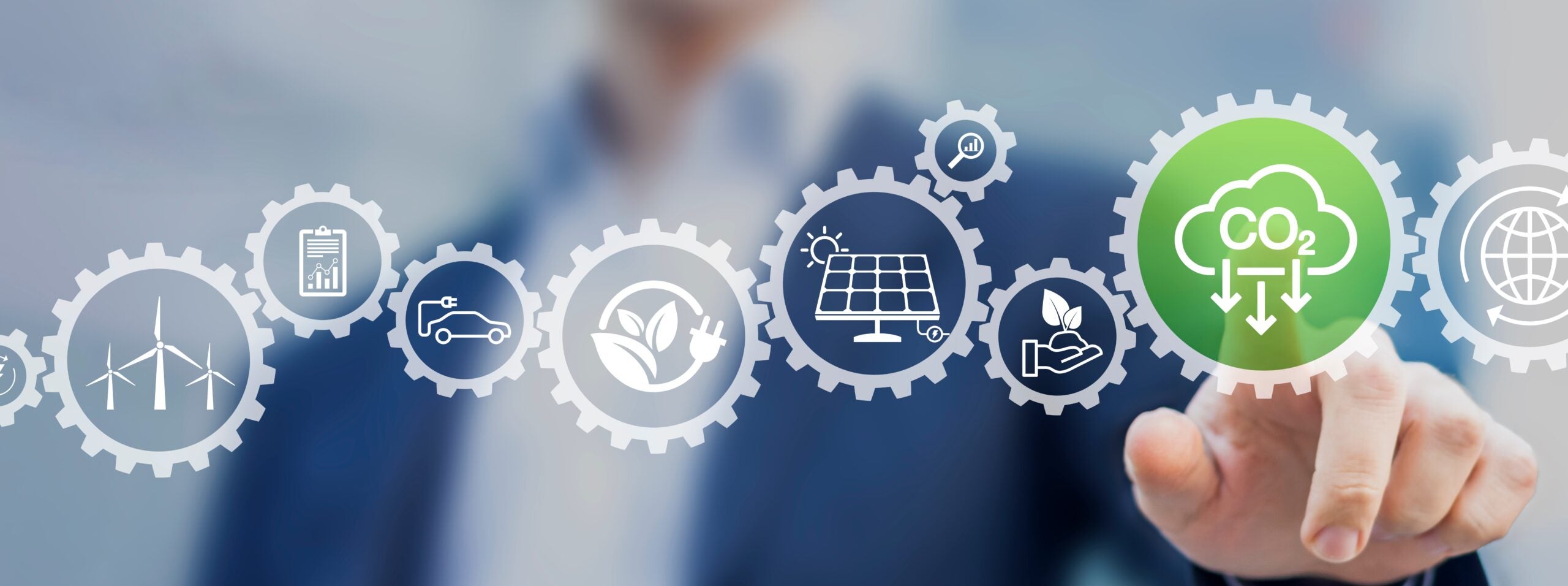
Teijin Limited states that when the new power generation facility in the Matsuyama plant becomes fully operational in fiscal 2025 it will sit in line with Teijin’s objective of becoming the first Japanese chemical fibre manufacturer to realise complete decarbonisation of its power generation globally.
The cogeneration systems supply both electricity and heat on premise, and their high energy efficiency result in significant reductions in carbon dioxide emissions.
Teijin recently established its long-term goal of achieving net-zero emissions across its owned sites by fiscal year 2050 and it also outlined its target of reducing internal CO2 emission levels from the fiscal year 2018 to 30% by the fiscal year 2030.
The company said the move is focused around future business growth, which requires it to reduce annual CO2 emissions by approximately 600,000 tons per year.
It hopes the introduction of this gas-based cogeneration system in the Matsuyama plant will achieve around 30% of this reduction.
Tejin stated: “The gas will be replaced with carbon-neutral energy supplies in the future, further reducing the plant’s environmental footprint.”
In January 2021, Teijin introduced internal carbon pricing (ICP) to determine the economic efficiency of investments in new facilities. The company based its decision to make this particular investment on forecasted cost reductions of US$48.45 per ton of CO2 emissions.
The total investment is expected to be over JPY10bn (US$68.2m), including the replacement of existing ageing power receiving and distribution equipment, and the generating capacity of the new power plant is expected to be approximately 30,000 KW.
Going forward, Teijin said it will continue its adoption of renewable energy supplies and steadily enhance energy efficiency and energy conservation in each of its business domains, with the aim of achieving its respective emission reduction targets by 2030 and 2050.



